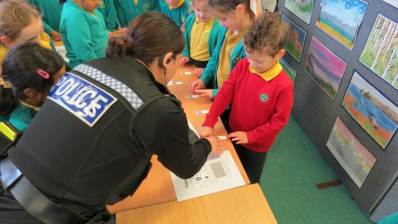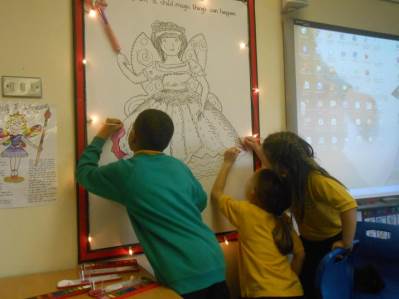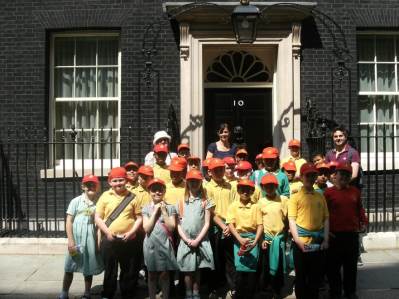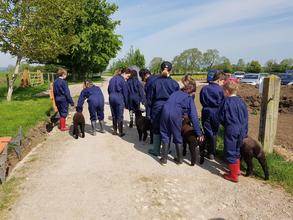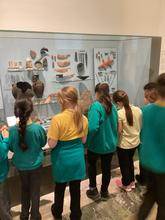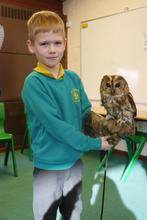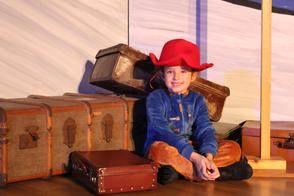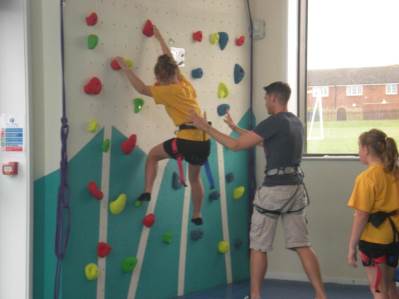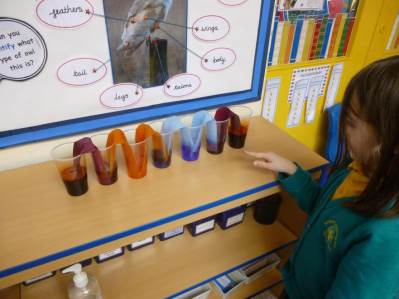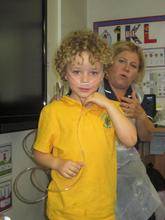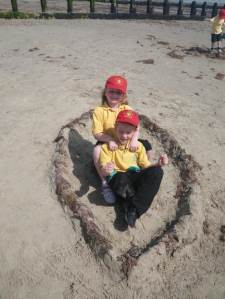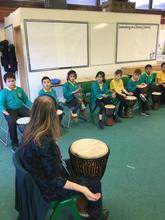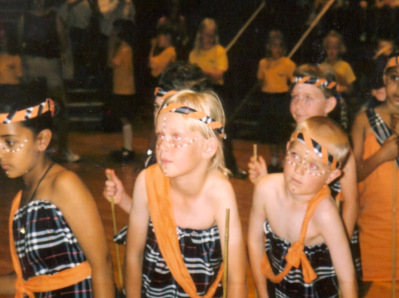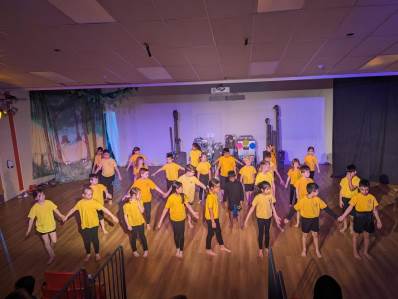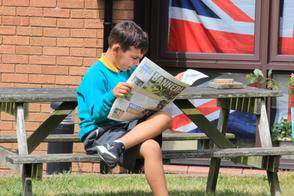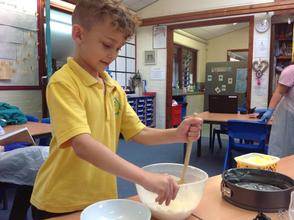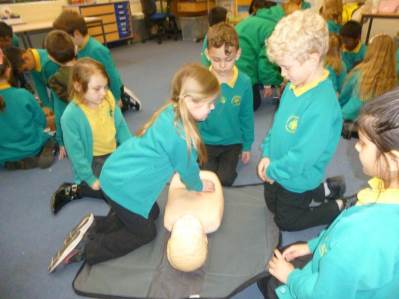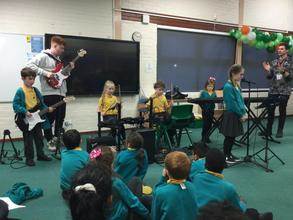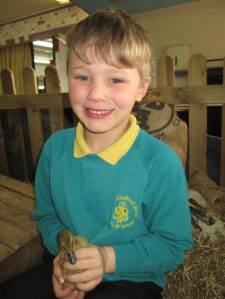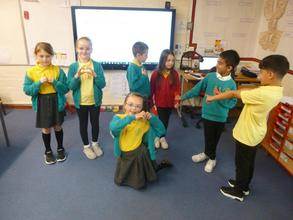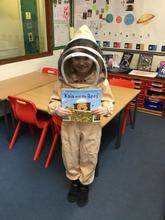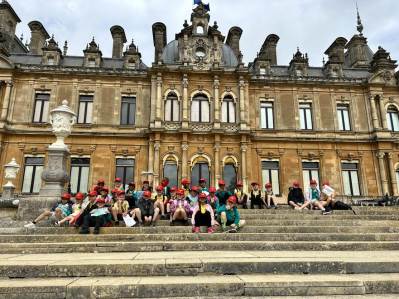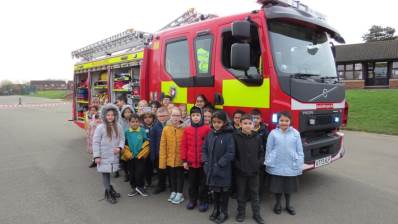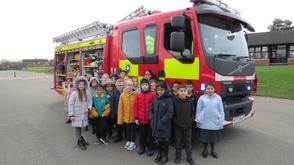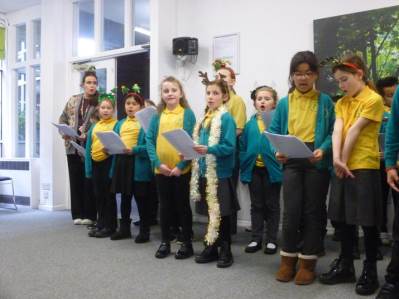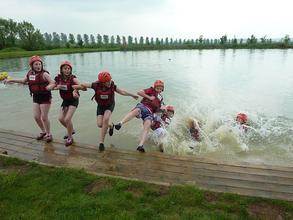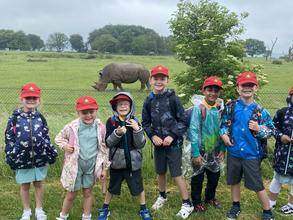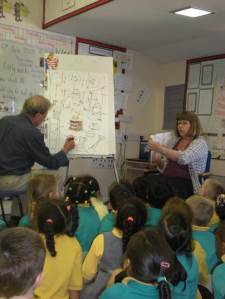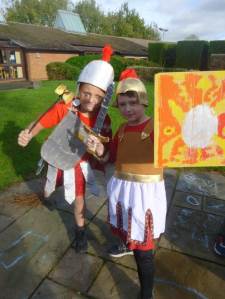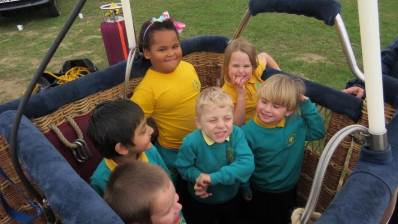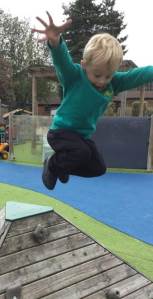
What Does Cultural Capital Mean at Ashmead Combined School?
At Ashmead Combined School, we understand that every child and family brings with them a unique set of experiences, knowledge, and cultural background. This might include the languages they speak at home, their family traditions and beliefs, places they have visited, jobs their family members do, and the interests they enjoy.
We value and celebrate this diversity. Research shows that when children's backgrounds and cultures are recognised and respected, it can have a positive impact on their learning and development.
So what is 'Cultural Capital'?
Cultural capital refers to the knowledge, skills, experiences, and behaviours that children build over time, which help them to understand and navigate the world around them. It helps children to succeed in school, in their future careers, and in wider society.
Cultural capital is not about money or status – it’s about giving children the tools, opportunities, and inspiration to aim high, broaden their horizons, and believe in their potential, whatever their starting point in life.
Ofsted explains cultural capital as the knowledge and experiences children need to succeed in life. This includes being introduced to the best ideas, stories, art, music, and achievements from a wide range of cultures – helping children to appreciate human creativity and develop a love of learning.
What does this look like at Ashmead?
At Ashmead, we are proud to offer a creative and engaging curriculum filled with meaningful, real-life experiences. We provide opportunities for children to explore the world beyond the classroom, including activities they may not have had the chance to experience before. Whether it’s through trips, visitors, music, art, drama, or learning about different cultures and communities, we believe these experiences are vital for helping children grow into confident, knowledgeable, and well-rounded individuals.
Cultural Capital







